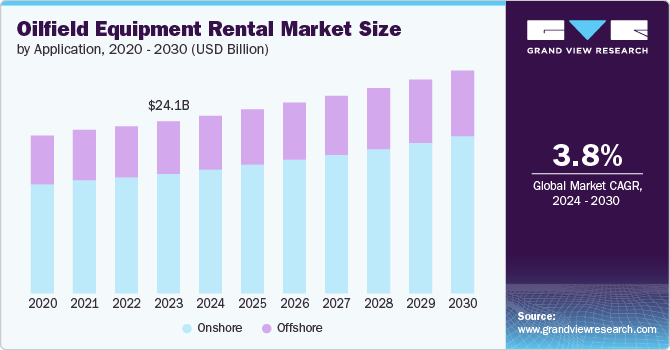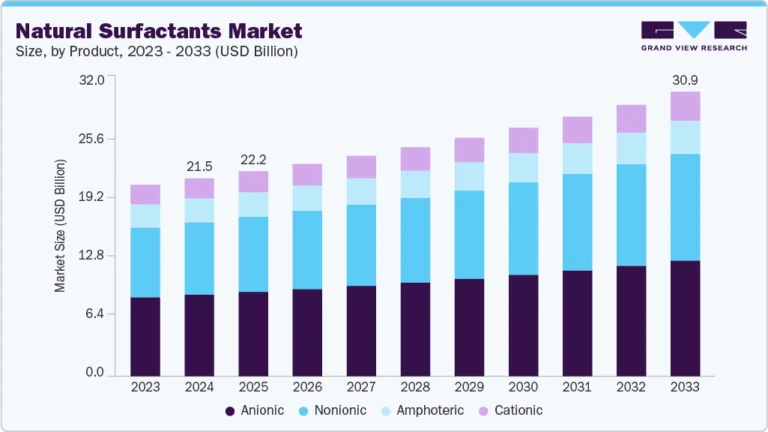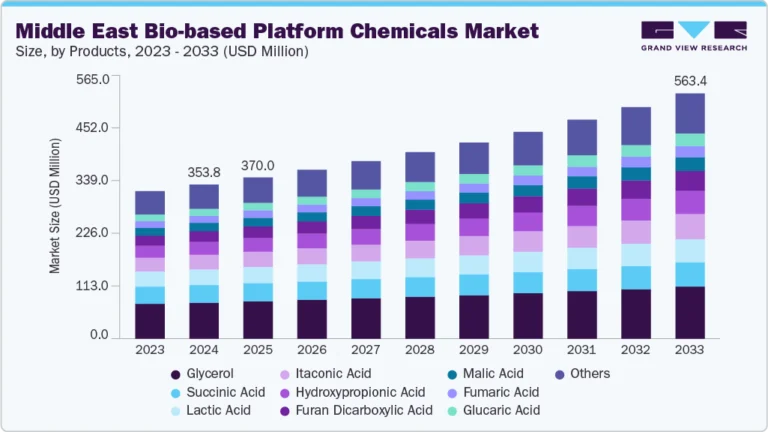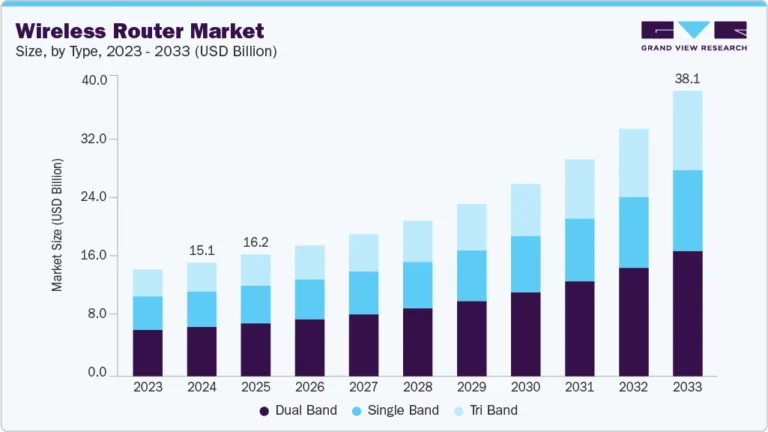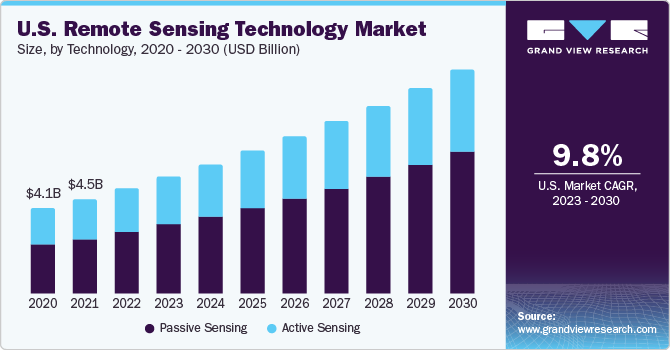Integration Platform As A Service Market Size, S hare & Trends Analysis growing at a CAGR of 32.3% from 2024 to 2030

The global integration platform as a service market size was estimated at USD 10,462.5 million in 2023 and is projected to reach USD 71,351.8 million by 2030, growing at a CAGR of 32.3% from 2024 to 2030. Integration Platform as a Service (iPaaS) is a comprehensive platform designed to streamline the management of integrations and data flows between various cloud and on-premises applications.
Key Market Trends & Insights
- In terms of region, North America was the largest revenue generating market in 2023.
- In terms of segment, cloud service orchestration accounted for the largest revenue share in 2023.
- Cloud Service Orchestration is the most lucrative service type segment registering the fastest growth during the forecast period.
Market Size & Forecast
- 2023 Market Size: USD 10,462.5 Million
- 2030 Projected Market Size: USD 71,351.8 Million
- CAGR (2024-2030): 32.3%
- North America: Largest market in 2023
Request a free sample copy or view report summary: https://www.grandviewresearch.com/industry-analysis/integration-platform-as-a-service-ipaas-market/request/rs1
iPaaS facilitates the entire lifecycle of APIs, automates business processes, and orchestrates workflows across multiple applications through a centralized integration platform.
IPaaS enables modern enterprises to seamlessly connect and utilize data in real-time across multi-cloud and hybrid environments by providing a single source of reliable data. However, the increasing complexity of IT ecosystems and the widespread use of diverse applications, both on-premises and in the cloud, have created a critical need for seamless connectivity. Integration Platform as a Service (iPaaS) can address this need by simplifying integration processes, enabling businesses to connect different systems and applications easily. This improves operational efficiency and speeds up the time-to-market for new projects.
Automation has become a key factor driving the adoption of iPaaS, transforming how businesses approach digital transformation efforts. As organizations strive to streamline processes and minimize manual tasks, iPaaS provides a robust automation framework. The global trend towards hybrid and multi-cloud environments has further fueled the adoption of iPaaS. Companies leverage various cloud services to enhance performance, reduce costs, and increase scalability. For instance, Microsoft built a cloud-based iPaaS solution that boosts the data transaction throughput and integration ability to improve their premises integration platform’s capabilities, performance, and resilience. Moreover, iPaaS offers low-code/no-code technology, allowing both technical and non-technical users to create and manage integrations. This saves time, boosts productivity, and promotes collaboration across teams.
Service Insights
The cloud service orchestration segment held the largest market revenue share of 26.8% in 2023. As companies scale their operations, they require more agile and scalable solutions to manage complex integrations across diverse applications and data sources. Cloud service orchestration provides the flexibility to automate workflows, optimize resource utilization, and ensure consistency in data handling across the hybrid IT landscape. Moreover, the growing complexity of IT environments and the need for real-time data processing and analytics drive the demand for efficient orchestration tools that can streamline operations and enhance overall business agility.
Application Programming Interfaces (API) Management has poised to grow with lucrative CAGR of 34.3% in projected years. APIs are crucial connectors that enable seamless communication and integration between various applications, systems, and services. As businesses increasingly adopt cloud-based solutions and diverse software environments, efficient API management becomes crucial. Organizations seek to streamline their operations by securely exposing, managing, and monetizing APIs, enhancing agility and scalability while maintaining robust security measures. Additionally, the proliferation of microservices architecture further drives the demand for API management within iPaaS, as it facilitates modular development and accelerates time-to-market for new applications and services.


